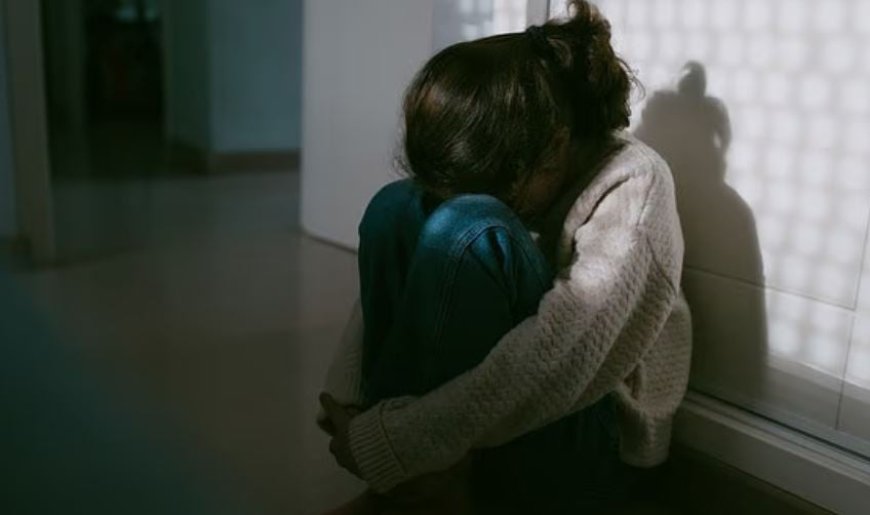New Australian law mandates 48-hour school response to bullying complaints

Australian schools will soon be required to respond to bullying complaints within 48 hours as part of sweeping reforms aimed at tackling what experts have described as a national crisis.
The changes, according to Daily Mail, follow a landmark 120-page review into bullying in schools, released by Federal Education Minister Jason Clare after a meeting with state and territory education ministers on Friday on the Gold Coast.
The review, made up of 1,700 submissions from students, parents, and educators, called for a uniform national standard to ensure faster responses to bullying, trauma-informed training for teachers, and improved accountability measures.
Education ministers from all states and territories have agreed to adopt the recommendations, marking what Clare described as a ‘historic’ step forward in protecting children.
Under the new standard, schools must initiate a response to any observed or reported harmful behaviour and formally record incidents within two school days.
This includes documenting details of those involved, evidence provided, and actions taken, along with clear timelines.
The move aims to prevent delays that have left many families frustrated and to give parents a benchmark for holding schools accountable.
The federal government will invest $10million to support the reforms.
This includes $5million for a national awareness campaign and another $5million for new resources to help teachers, students, and parents prevent and respond to bullying.
A central resource hub will also be established to provide educators with evidence-based programs and tools.
The review highlights the severe consequences of bullying, noting that victims are three to six times more likely to experience depression and suicidal thoughts.
It warns that bullying undermines attendance, engagement, and academic outcomes, and can have lifelong health and relationship impacts.
The reforms also promote the concept of ‘upstanders’, encouraging students to intervene safely when they witness bullying, rather than remaining passive bystanders.
Teachers will receive specialised training to identify and address harmful behaviour early, with a focus on trauma-informed practices.
Speaking in Sydney earlier this week, Clare said the changes build on recent national measures such as the mobile phone ban in public schools and efforts to curb social media harm.
Clare stressed that the new standard is about giving teachers the tools they need and ensuring every child feels safe at school.
‘This is about making sure schools act quickly and consistently, and that parents know what to expect,’ he said.
The review was co-chaired by clinical psychologist Dr Charlotte Keating and suicide prevention expert Dr Jo Robinson.
Both experts emphasised the urgent need for reform, citing the devastating personal stories shared during consultations.
Implementation of the national standard will begin in 2026, with states and territories working to align existing policies with the new framework.
Recent data shows that one in four Australian students from Year 4 to Year 9 are bullied every few weeks or more, while cyberbullying complaints have skyrocketed by 456 per cent in the past five years.
According to the eSafety Commissioner, reports have surged from 536 cases in 2019 to almost 3,000 in 2024.
Meanwhile, Kids Helpline recorded a sharp rise in distress calls from children aged 10 to 14, with many expressing suicidal thoughts linked to bullying.

 admin
admin 


